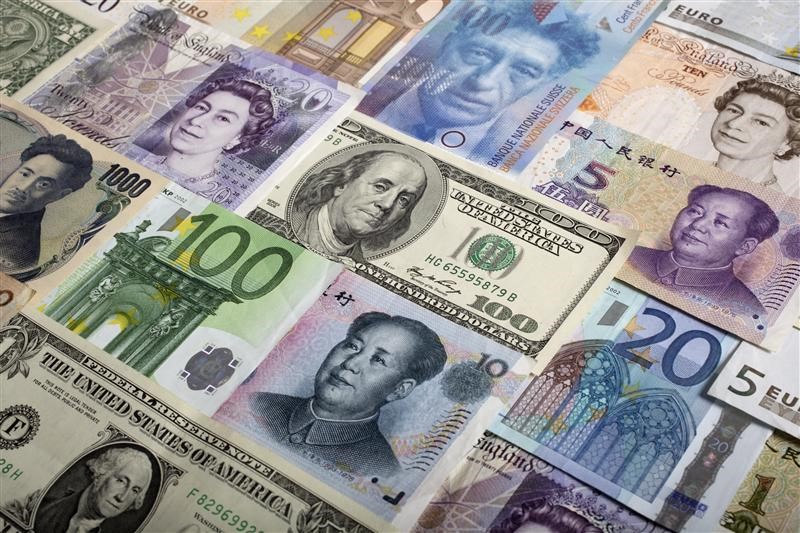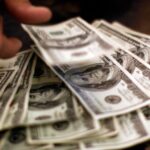UBS analysts suggested that the Korean won (KRW) might be poised for a recovery following its worst year since the Global Financial Crisis (GFC) in 2024. Over the last 12 months, USD/KRW is up 7.5%.
The currency’s significant underperformance was driven by five factors, including the Kospi’s relative weakness compared to the S&P 500, the largest tightening in the South Korea-United States 10-year yield spread in two decades, a sluggish manufacturing and exports cycle, continuous resident outflows, and late-year domestic political issues.
The won depreciated by 13% in 2024, with three-quarters of this decline occurring in the fourth quarter. Following this downturn, the win began 2025 on a more stable note and has been one of the best-performing currencies year-to-date. UBS analysts believe this trend might continue rather than fade.
UBS highlighted several positive developments that could support the won’s near-term outperformance. The National Pension Service (NPS) reported activation of foreign exchange hedging activities and a slowdown in outbound investments could positively impact Korea’s balance of payments by $50 billion annually. This potential shift, combined with a basic balance already at a respectable 4.5% of GDP, could lead to a 5% appreciation of the won.
Moreover, the Kospi index is showing signs of bottoming out amidst low valuations, and domestic political uncertainties are diminishing. While UBS maintains a cautious stance on the won over the medium term, analysts see the possibility for the currency to continue unwinding some of its elevated risk premium in the near future.




